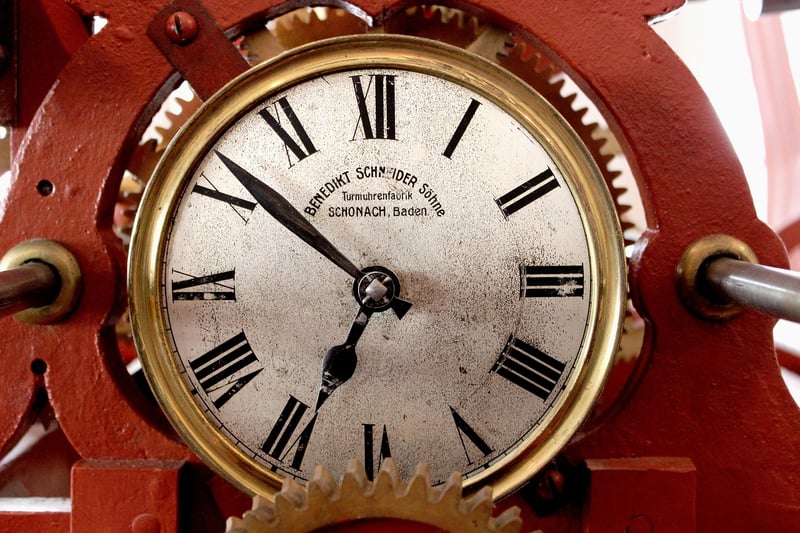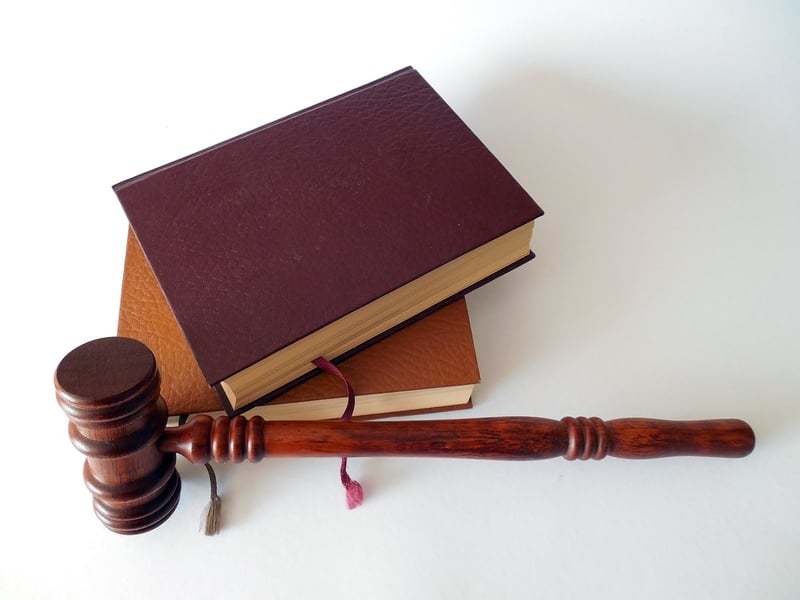Time Code Regulations
Guidelines for Time Travel and Time Code Regulations
Introduction
Time travel has always been a fascinating concept in science fiction, but what if it were possible in reality? While time travel remains a theoretical possibility, it's essential to consider the potential implications and regulations that may govern such a technology. In this article, we will explore some guidelines for time travel and the importance of time code regulations.
Guidelines for Time Travel
While time travel is currently not achievable, it's essential to establish some guidelines for potential future use:
1. Safety Protocols
Any time travel technology must prioritize the safety of the traveler. Robust safety protocols should be in place to prevent any harm to the traveler or alterations to the timeline.
2. Non-Interference Principle
Time travelers should adhere to a strict non-interference principle to avoid altering historical events. Any changes made in the past could have unforeseen consequences on the present and future.
3. Temporal Limits
There should be clear limits on how far back or forward in time travelers can go. These limits can help prevent paradoxes and ensure the stability of the timeline.
Time Code Regulations
Time code regulations are essential to govern the use of time travel technology and maintain temporal integrity:
1. Licensing and Registration
Individuals or organizations seeking to use time travel technology must obtain the necessary licenses and register with temporal authorities. This process can help track time travel activities and ensure accountability.
2. Temporal Preservation
Regulations should be in place to preserve the integrity of the timeline. Any changes made during time travel should be carefully monitored and corrected if necessary to prevent disruptions to the timeline.
3. Enforcement and Penalties
Strict enforcement mechanisms should be in place to deter misuse of time travel technology. Penalties for violating time code regulations should be severe to maintain temporal stability.
Conclusion
While time travel remains a speculative concept, establishing guidelines and regulations for its potential use is crucial. By considering the implications of time travel and implementing robust time code regulations, we can ensure the safe and responsible exploration of this extraordinary technology.


